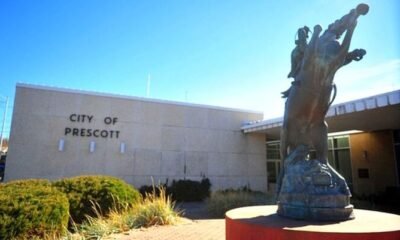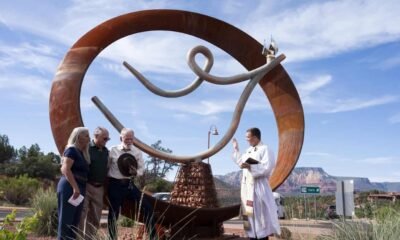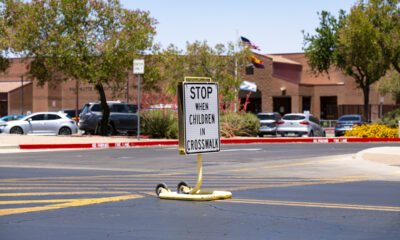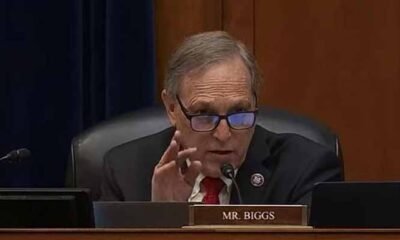ASU
< strong >A Transformative Era in College Athletics< /strong >

A federal judge has officially approved the House v. NCAA Name, Image, Likeness (NIL) settlement, which will take effect on July 1. This landmark decision will allow Division 1 colleges and universities to directly compensate student-athletes, with a cap of $20.5 million per institution. Additionally, around $2.8 billion will be allocated for retroactive NIL payments to Arizona-based and other state athletes who have competed over the last decade.
In a significant move, Arizona enacted SB1615 shortly before the finalization of the House v. NCAA settlement. Signed into law by Governor Katie Hobbs in May 2025, this new legislation aims to enhance NIL rights for student-athletes. It grants colleges and universities the authority to directly pay student-athletes for the use of their name, image, and likeness, addressing previous uncertainties regarding institutional involvement in NIL transactions.
While SB1615 and the House v. NCAA settlement originate from distinct processes—legislation and litigation—they align closely to create a cohesive framework for NIL reform. Arizona’s law specifically empowers public universities to facilitate these payments, yet it does not exempt them from the compliance obligations established by the House settlement. As members of the Big 12 Conference, both Arizona State University and the University of Arizona must adhere to the settlement’s terms.
The impending launch of the College Sports Commission by power conferences, including the Big 12, will oversee the implementation and enforcement of the settlement. This new governing body will manage NIL Go, a clearinghouse created with Deloitte and LBi Software, tasked with vetting deals valued at $600 or more to ensure they reflect fair market value. Arizona institutions must adhere to these compliance structures as failure to do so could result in athlete disqualification or fines.
However, significant discrepancies between SB1615 and the NCAA settlement remain. Arizona’s legislation does not impose compensation limits or allow external oversight, while the settlement does enforce institutional caps and centralized governance. Moreover, differing interpretations of student-athlete employment status and transparency in NIL deals present challenges that institutions must navigate, possibly requiring further legal clarification.
The House v. NCAA settlement extends beyond financial implications. It signifies a comprehensive overhaul of NIL compensation structures for student-athletes. This initiative introduces an NCAA oversight body responsible for compliance monitoring, dispute resolution, and the imposition of sanctions. This regulatory framework indicates a departure from the NCAA’s previous laissez-faire attitude towards NIL.
Arizona’s proactive approach, as demonstrated by SB1615, could serve as a model for other states aiming to retain top athletic talent while exerting greater control over NIL markets. However, the challenges posed by the differences between state laws and NCAA settlement terms underscore the complexities of compliance. As other states initiate similar legislation, these variations may create further challenges for national enforcement, positioning Arizona’s legislation as both a pioneering effort and a reminder of the evolving landscape surrounding NIL compensation.
K.J. Russell is an associate attorney at Fennemore’s Business & Finance practice group and a registered NIL agent.
David McCarville is a business and finance director at Fennemore and an adjunct professor at the Sandra Day O’Connor College of Law at Arizona State University.


















